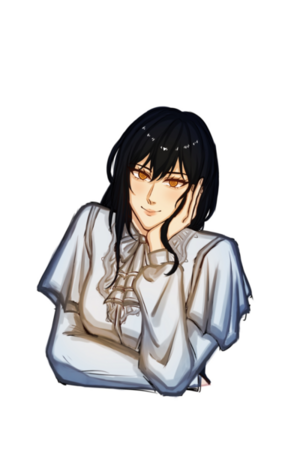Chapter 12:
Nature of Good and Evil
The Weight of Being
Scene: Whiskey, Nietzsche, and the Nature of Good and Evil
The porch was quiet except for the rhythmic crash of the waves. The night was thick, the humidity clinging to the air like an unspoken weight. A single lantern flickered between them, casting golden light over the table, where an old, dog-eared copy of Beyond Good and Evil lay open.
Jessica exhaled slowly, rolling her whiskey glass between her fingers. “So, we’re doing Nietzsche again.”
Sam smirked. “Seemed fitting.”
Jessica tilted her head. “Because?”
Sam leaned back in his chair, swirling the amber liquid in his glass. “Because you keep pretending this question doesn’t matter to you.”
Jessica huffed, shaking her head. “Right. The whole ‘there is no good or evil, only power and those strong enough to take it’ thing.”
Sam chuckled. “That’s not Nietzsche.”
Jessica arched a brow. “Isn’t it?”
Sam took a slow sip. “He wasn’t saying morality doesn’t exist. He was saying that our idea of morality—the way we’ve structured it—comes from weakness, not strength. That we define ‘good’ based on what makes us comfortable and ‘evil’ based on what threatens us.”
Jessica smirked. “And I’m the one with the existential crisis?”
Sam shrugged. “I just think it’s interesting.”
Jessica stretched out her legs, staring at the night sky. “So what’s your point? That right and wrong are just made-up rules?”
Sam watched her. “I think the question you’re actually asking is: does it matter?”
Jessica’s fingers tightened around the glass.
Sam nodded, like he had seen what she was trying not to say. “You’ve killed people. More than once. Some of them deserved it. Some of them… maybe not.”
Jessica swallowed but didn’t look away.
Sam continued. “You hunt down Vanguard like you’re balancing a scale. But is it justice? Or just vengeance?”
Jessica exhaled through her nose. “Maybe they’re the same thing.”
Sam smirked slightly. “Nietzsche would say they’re not.”
Jessica’s voice was quiet. “Then what would he say?”
Sam tilted his head. “That morality isn’t about rules, or guilt, or punishment. It’s about will. About deciding for yourself what is right, rather than letting the world do it for you.” He gestured vaguely at her. “And if you’re still sitting here questioning whether you’re a good person or not, then maybe you’re looking at it the wrong way.”
Jessica let the words settle, watching the flickering lantern.
Finally, she scoffed. “So what? I’m just supposed to make up my own morality?”
Sam smirked. “Haven’t you already?”
Jessica let out a quiet laugh. “Yeah, and look where that got me.”
Sam took another sip, watching her carefully. “So let me ask you something, Jess. When you pull the trigger—when you decide who lives and who dies—who are you answering to?”
Jessica hesitated.
Then, softly: “Myself.”
Sam nodded. “And you can live with that?”
Jessica took a slow sip of whiskey, letting the burn settle in her throat.
Then, quietly: “I have to.”
Sam studied her for a long moment. Then he leaned back, setting his glass down. “That’s Nietzsche, too.”
Jessica gave him a look. “How so?”
Sam smirked. “The Übermensch doesn’t waste time worrying about whether they’re good or evil. They decide who they are, and they live with it.”
Jessica rolled her eyes. “Sounds convenient.”
Sam chuckled. “Sounds like freedom.”
Jessica exhaled slowly, staring at the dark horizon.
Maybe Nietzsche was right. Maybe morality wasn’t something handed down—it was something built, something claimed.
She picked up the book, flipping absently through the pages before setting it back down.
Then, without looking at him, she said, “I still don’t know if I’m the hero or the villain in all this.”
Sam smirked, raising his glass. “Maybe you’re both.”
Jessica chuckled, clinking her glass against his.
And for the first time in a long time, she didn’t care which one was true.




Please sign in to leave a comment.